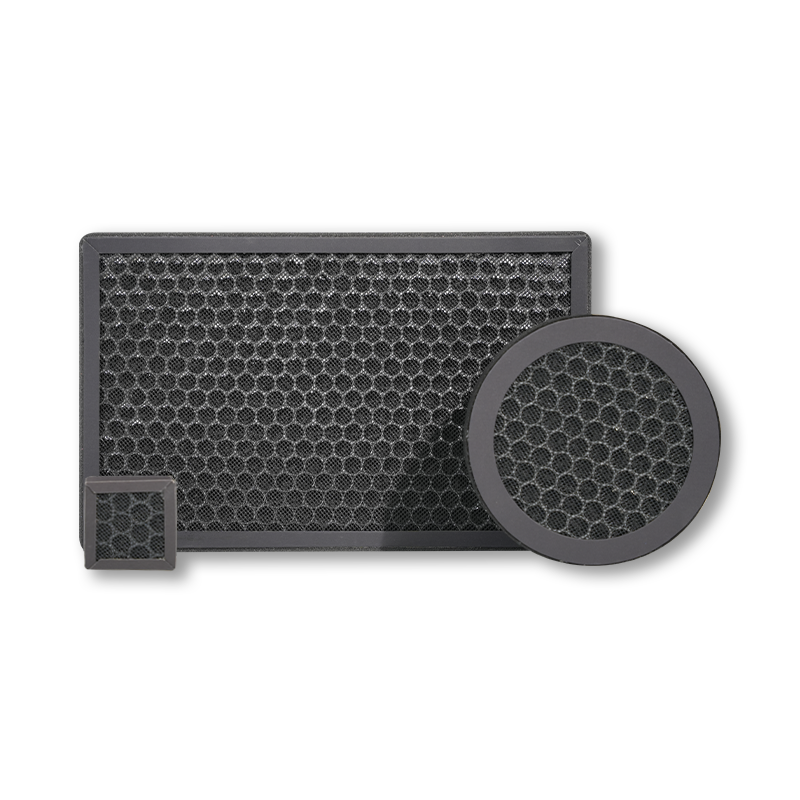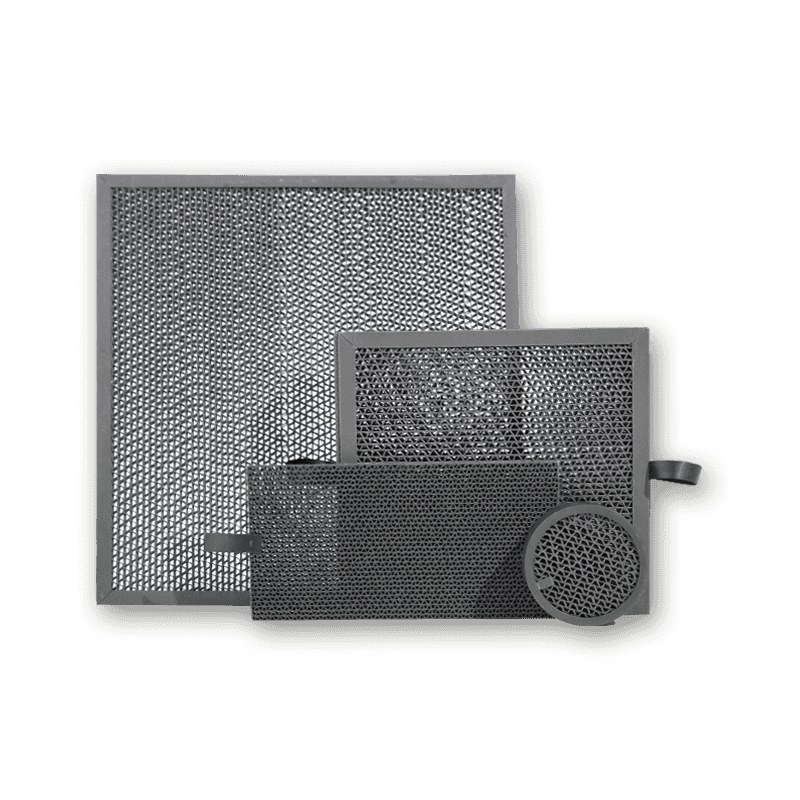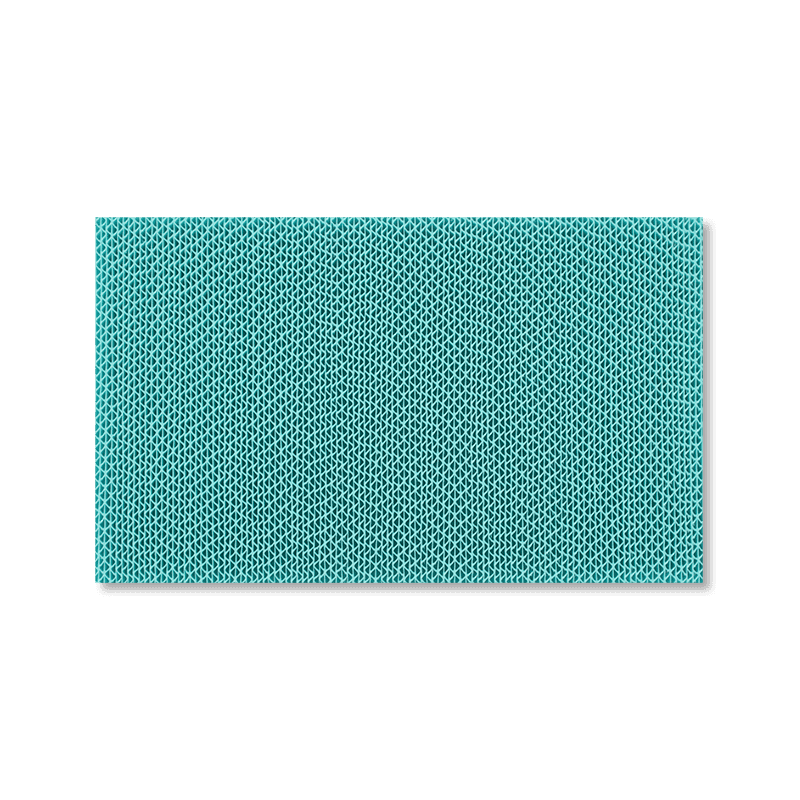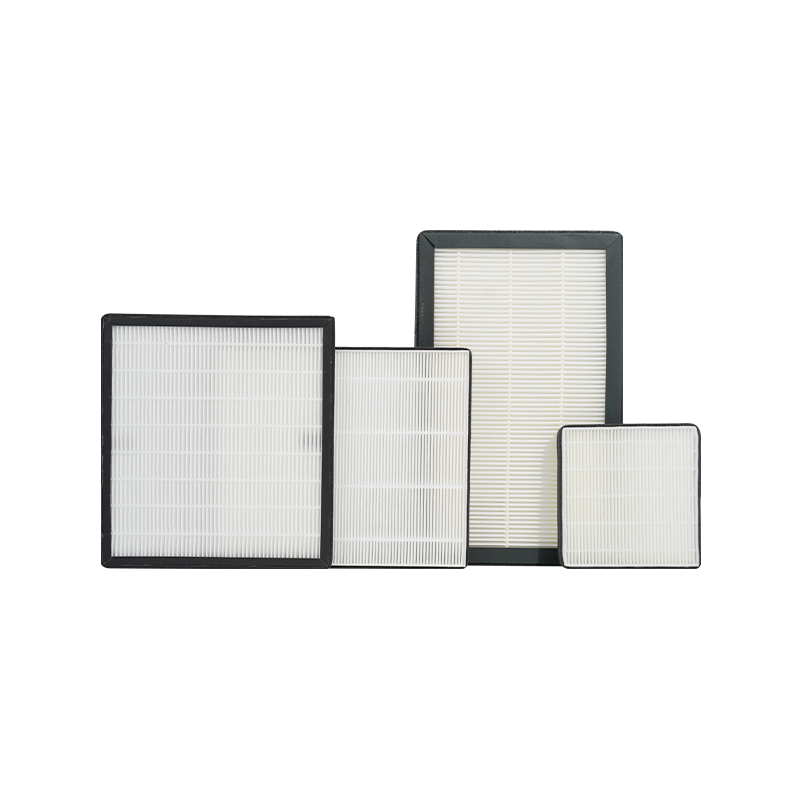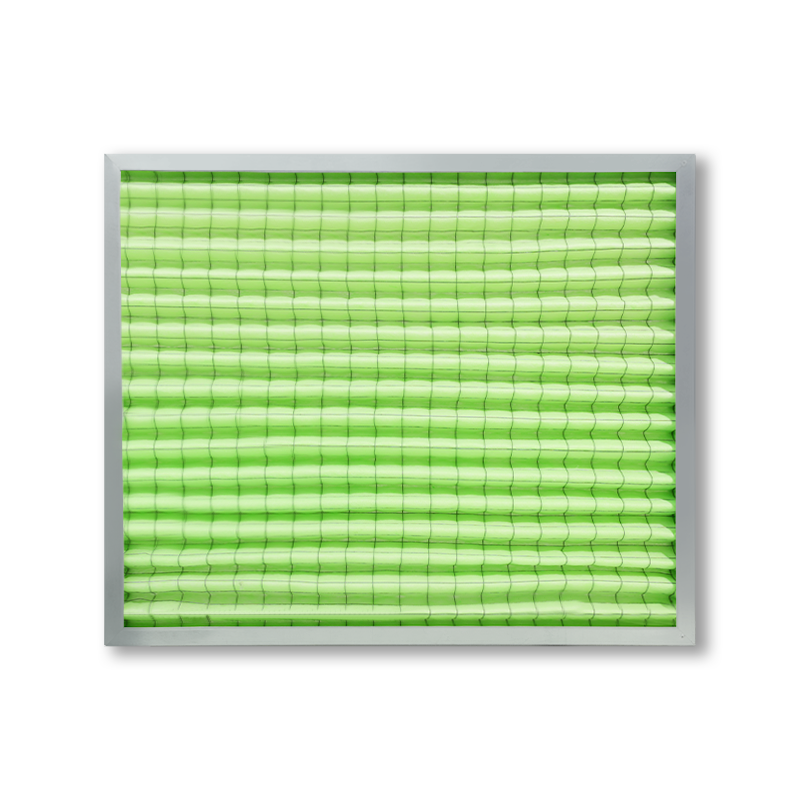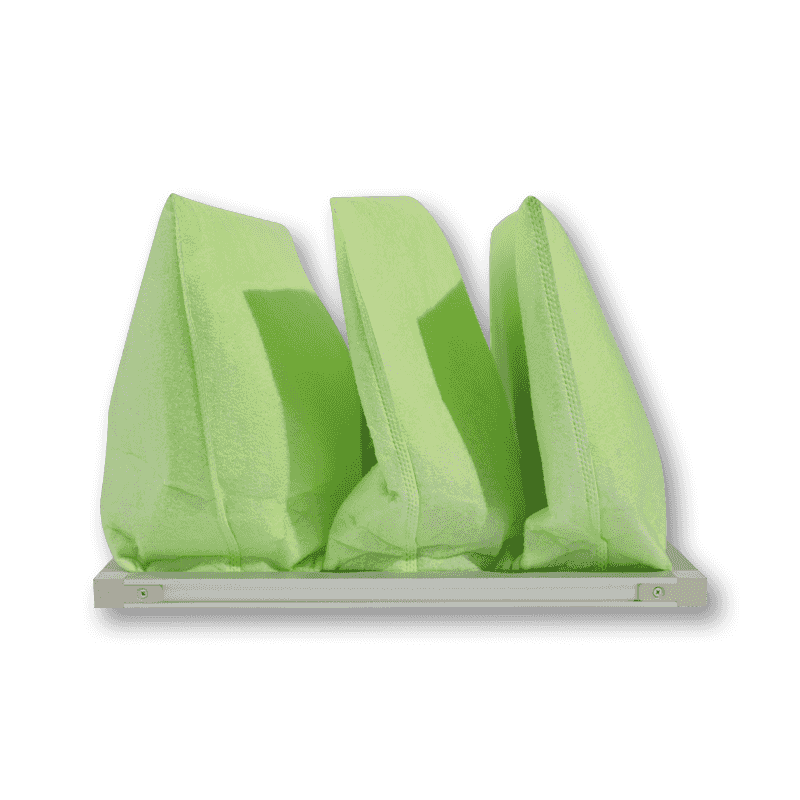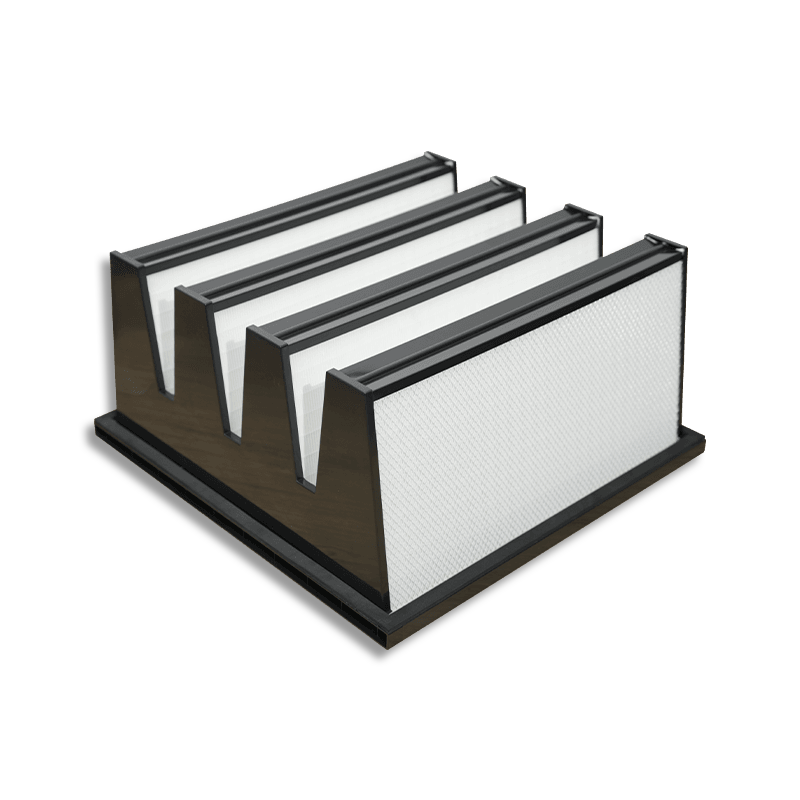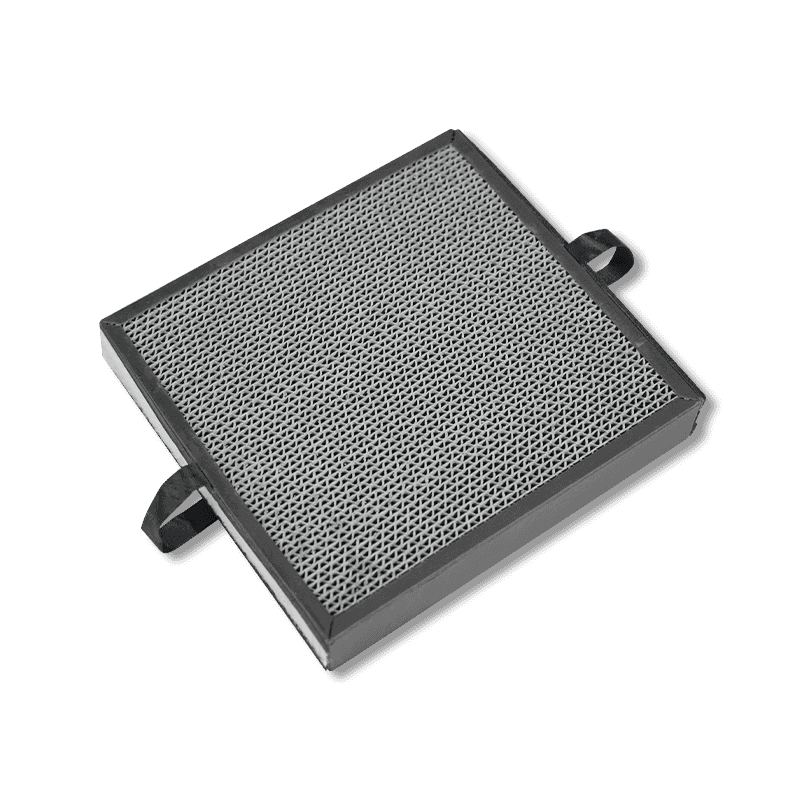Basic functions and effects of air conditioning filters
The air conditioning filter is a very important component inside the air conditioner. Its main function is to filter pollutants and harmful substances in the air. Whether it is a home air conditioner or a commercial air conditioner, the filter can help remove dust, fiber, pollen, fine particles, and even some harmful gases and odors in the air. In this way, the air conditioner can deliver cleaner and fresher air to the room, reducing the impact of pollutants on the health of residents.
Especially for people with allergies, infants and the elderly, fresh air can effectively reduce allergens and harmful substances such as bacteria and viruses in the air, thereby effectively avoiding the occurrence of respiratory diseases. The air conditioning filter can also prevent malfunctions caused by excessive dust accumulation inside the equipment and extend the service life of the air conditioner.
The choice of filter determines which particles, gases or microorganisms the system can filter out. To understand the filtering effect of different air conditioning filters, we must first understand their filtration efficiency levels.
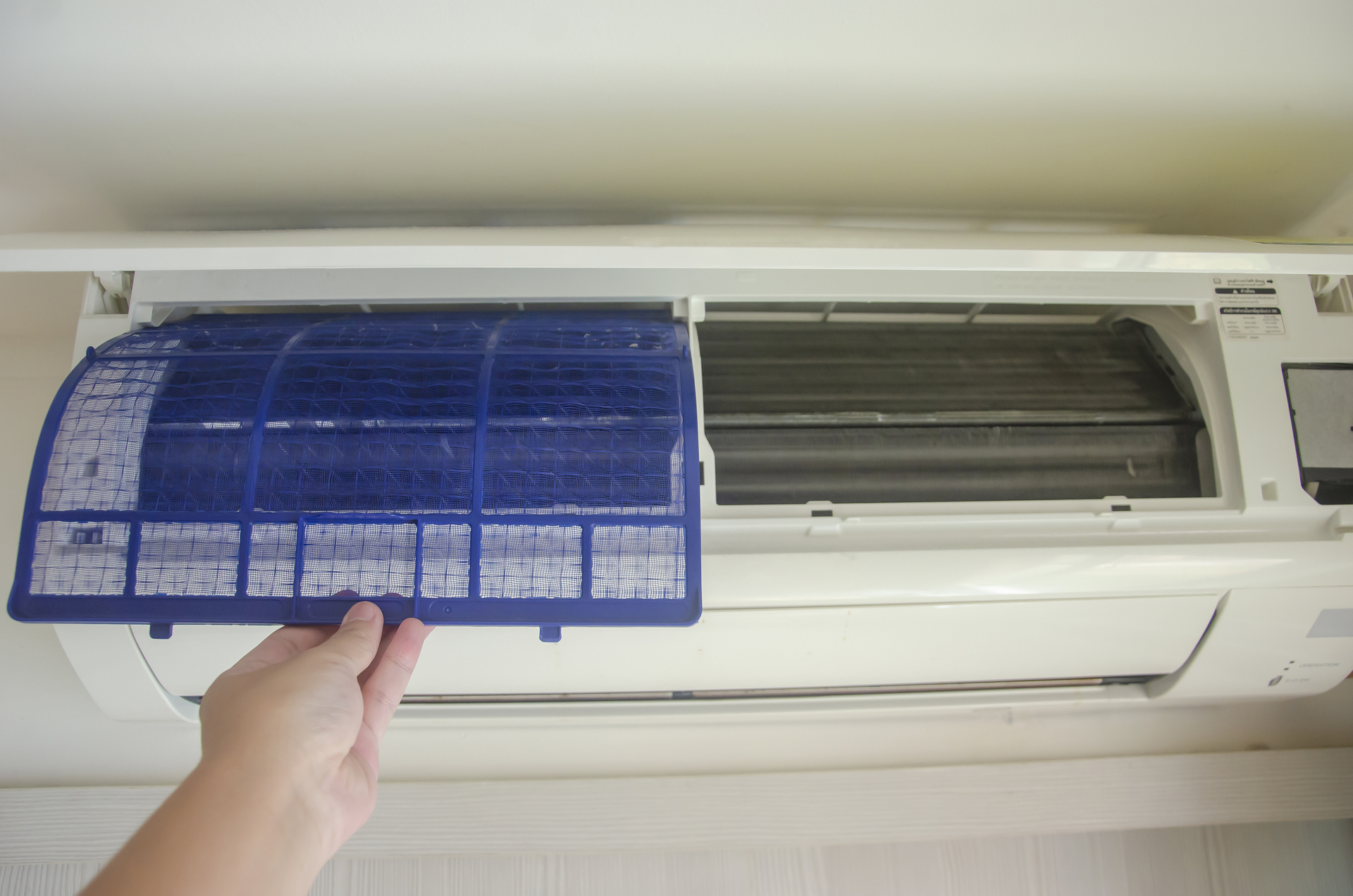
What is the filtration efficiency grade?
The filtration efficiency grade is an indicator used to measure the proportion of suspended particles that the filter can intercept. It is usually divided into primary efficiency (G grade), medium efficiency (F/M grade), high efficiency (H/E grade), etc. This type of grading standard can refer to international standards such as EN779, ISO 16890, and ASHRAE MERV.
Primary filter (G grade)
· Filtration target: larger particles, such as dust, pollen, fiber, etc.
· Application scenario: residential air conditioning pre-filtration, first-layer filtration of large HVAC systems
· Efficiency range: generally can filter particles above 5μm, with a capture efficiency of about 40%-60%
Medium efficiency filter (F/M grade)
· Filtration target: fine dust, some PM10, some bacteria
· Application scenario: ventilation systems in commercial/public spaces such as offices, shopping malls, and schools
· Efficiency range: Filtration efficiency for 1~3μm particles is between 60%-90%
High efficiency filter (H/E grade)
· Filtration target: PM2.5, smoke particles, bacteria, viruses and other particles
· Application scenario: hospitals, laboratories, precision manufacturing workshops, high-end residences, etc.
· Efficiency range: Filtration efficiency for 0.3μm particles is more than 99% (HEPA grade)
How to choose the right air conditioning filter?
When choosing a filter, the following factors should be considered comprehensively:
1. Usage scenario: different requirements for residential, commercial, industrial or medical environments
2. Air quality requirements: whether micropollutants such as PM2.5 or VOC need to be removed
3. System compatibility: whether the filter size, wind resistance, and maintenance frequency match the original system
If your system allows, you can also choose multi-layer composite filter materials (such as primary + medium efficiency or medium + high efficiency combination) to take into account both life and effect.
Maintenance and replacement of air conditioning filters
Regular cleaning and replacement of filters is key to ensuring proper operation of the air conditioner, regardless of the type of filter you choose. Most filters are recommended to be replaced every 3 or 6 months, depending on the frequency of use and environmental pollution. When the filter expires, the filtration effect will be greatly reduced. Not only will it not be able to effectively clean the air, but it may also breed bacteria due to excessive dust accumulation, affecting health. Some filters can be cleaned regularly to keep the air conditioner running efficiently and extend its service life.
Choosing the right filter is the first step to improve air quality
Air conditioning filters may seem inconspicuous, but they are an important part of protecting indoor air quality. Different grades of filter materials directly determine which pollutants the system can handle. Understanding the filtration efficiency level can not only help you make more appropriate purchasing decisions, but also help build a healthier and more comfortable indoor environment.
If you need to know more about the filter material selection and composite filtration solutions suitable for your system, please contact us for samples or technical support.


